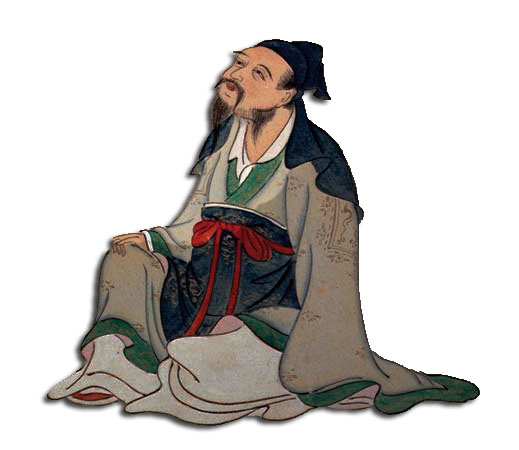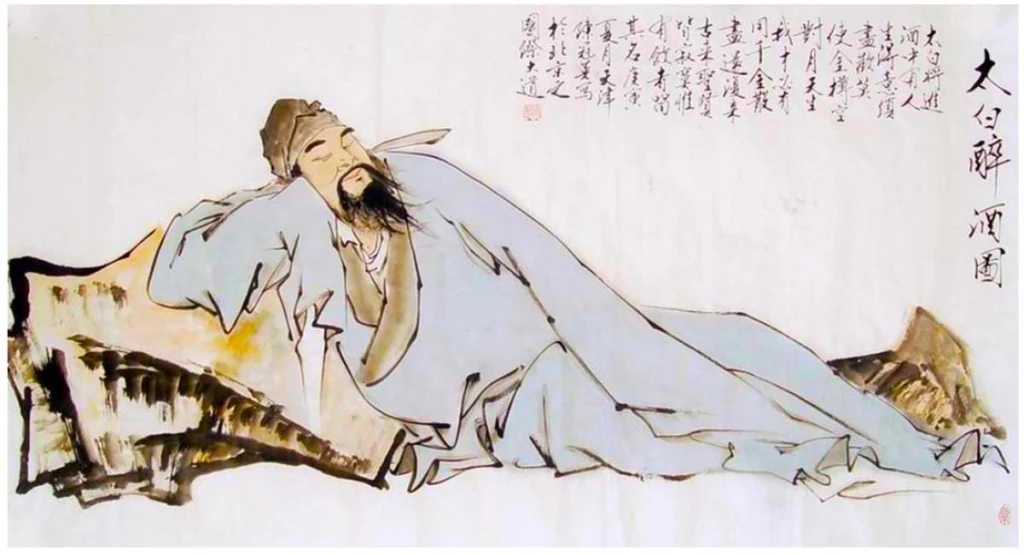“The messenger rides, she’s told, at first light
So, she sews a warrior’s cloak throughout the night
Her fingers tired, the needle cold
How can one hold the scissors tight?
Now the coat is done, she sends it away, and says,
‘How many days to Lintao?’ “
The poem explained
In the fourth and last of Li Bai’s seasonal ballads, the poet places us in a woman’s chamber in Chang’an, the Tang capital. The woman is sewing a warm cloak (征袍) for her warrior husband. He is serving with General Geshu Han in mountainous Lintao County (臨洮) on the Tibetan border. The messenger leaves at first light ( 明朝 ), so she must hurry to complete her task in spite of the cold.
Li Bai manages to capture the three emotions of love, devotion, and worry in this simple poem.
The original Chinese poem, as seen by the Pinyin translation, is more poetic, that is rhythmic and rhyming, than the English translation.
Enjoy!
Original Chinese and Pinyin
明朝驛使發
素手抽針冷
一夜絮征袍
那堪把剪刀
裁縫寄遠道
幾日到臨洮
Pinyin
Míng cháo yì shǐ fā
yīyè xù zhēng páo
sùshǒu chōu zhēn lěng
nà kān bǎ jiǎndāo
cáiféng jì yuǎndào
jǐ rì dào líntáo
General Geshu Han
General Geshu Han was of Turkic descent. He is famous for two events.
In 747, he achieved fame in western Lintao near Qinghai Lake, suppressing Tibetan raids on wheat farms and defeating Tibetan armies, and so restoring order to the western frontier of the Tang Empire.
The second event occurred during the An Lushan Rebellion that began in 755. General Geshu Han was sent to the strategic Tong Pass (Tongguan) to guard against the invading rebel forces. Though outnumbered, he followed orders and engaged the rebels, suffering a devastating defeat that led to his capture and the fall of the Tang capital at Chang’an.
General Geshu Han refused to cooperate with the rebels and was later executed.
Li Bai
Li is a common surname in Chinese and means plum. The personal name Bai means white. Li Bai (701–762) was one of the superstar poets of the Tang dynasty. His career took a decided turn for the worse during the An Lushan Rebellion. He was captured by the rebels and held captive in the capital of Chang’an, but managed to escape a year later.
He died in 762, shortly before the rebellion was put down. Legend has it that he drank and drowned after falling from a boat, attempting to catch the moon’s reflection in a river.













